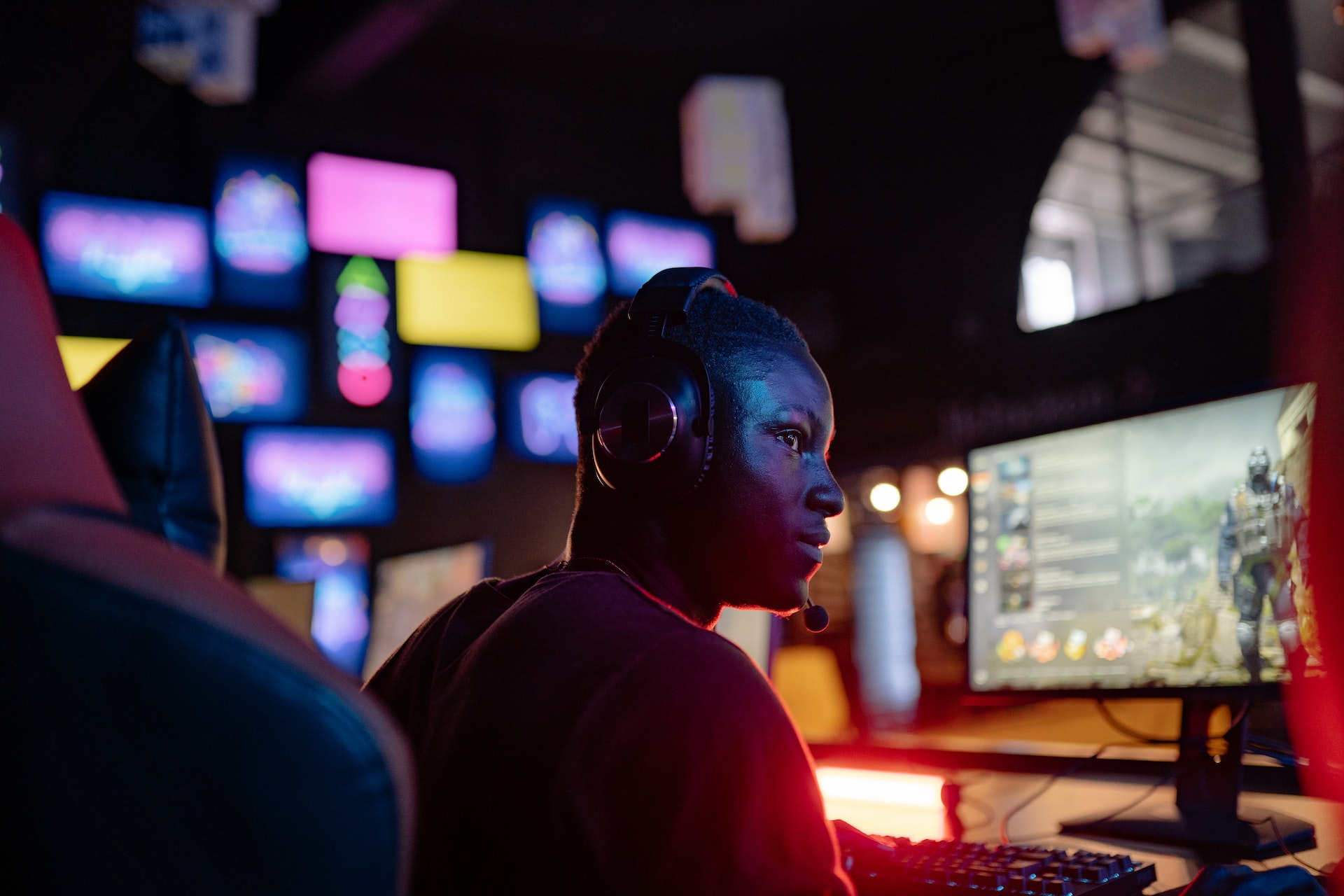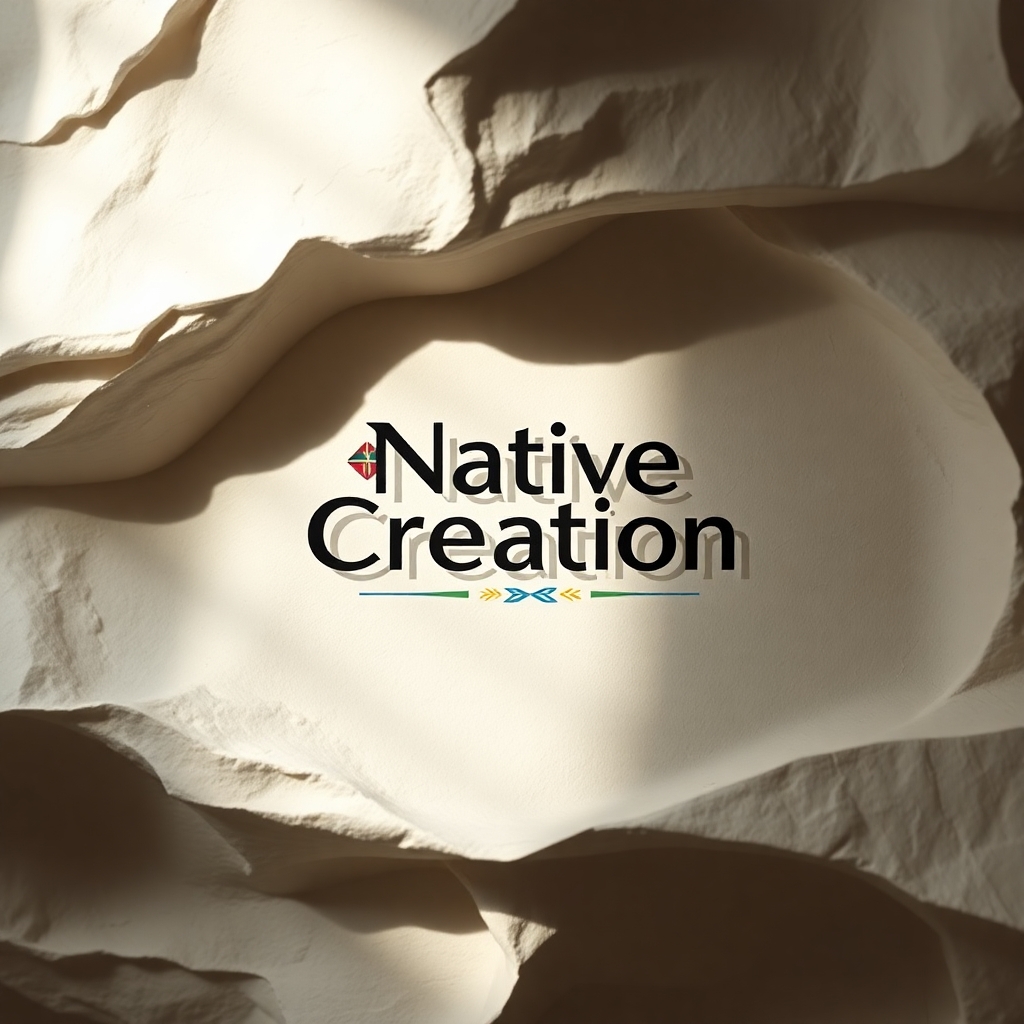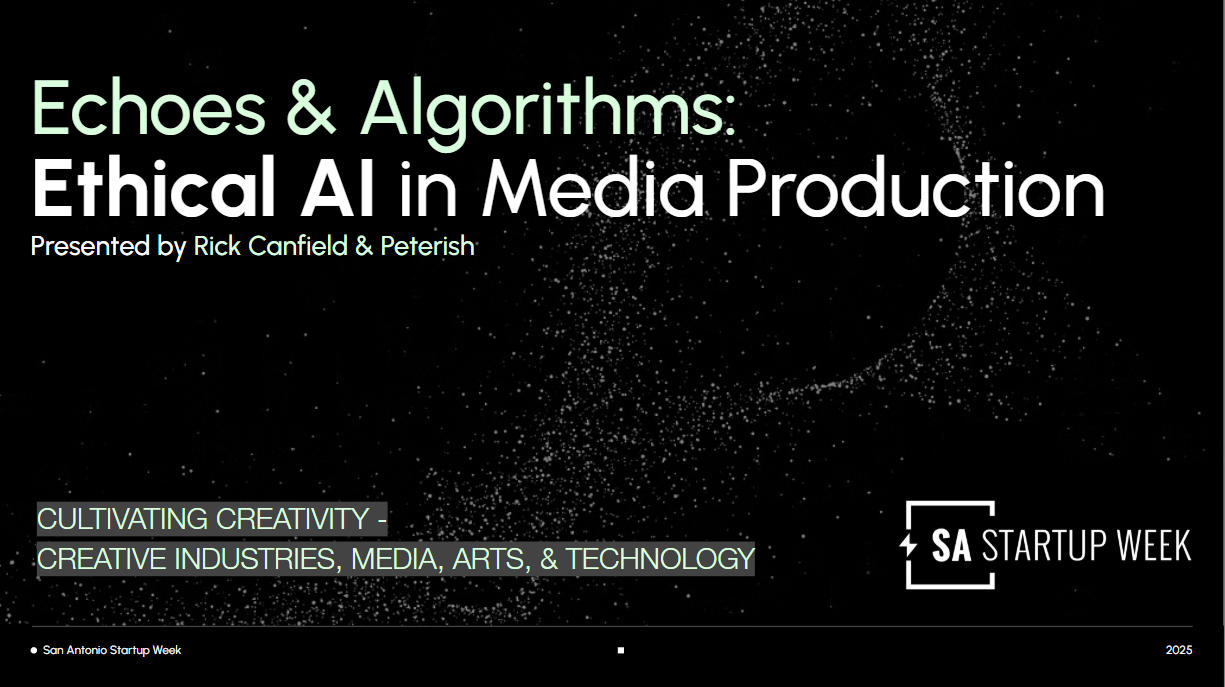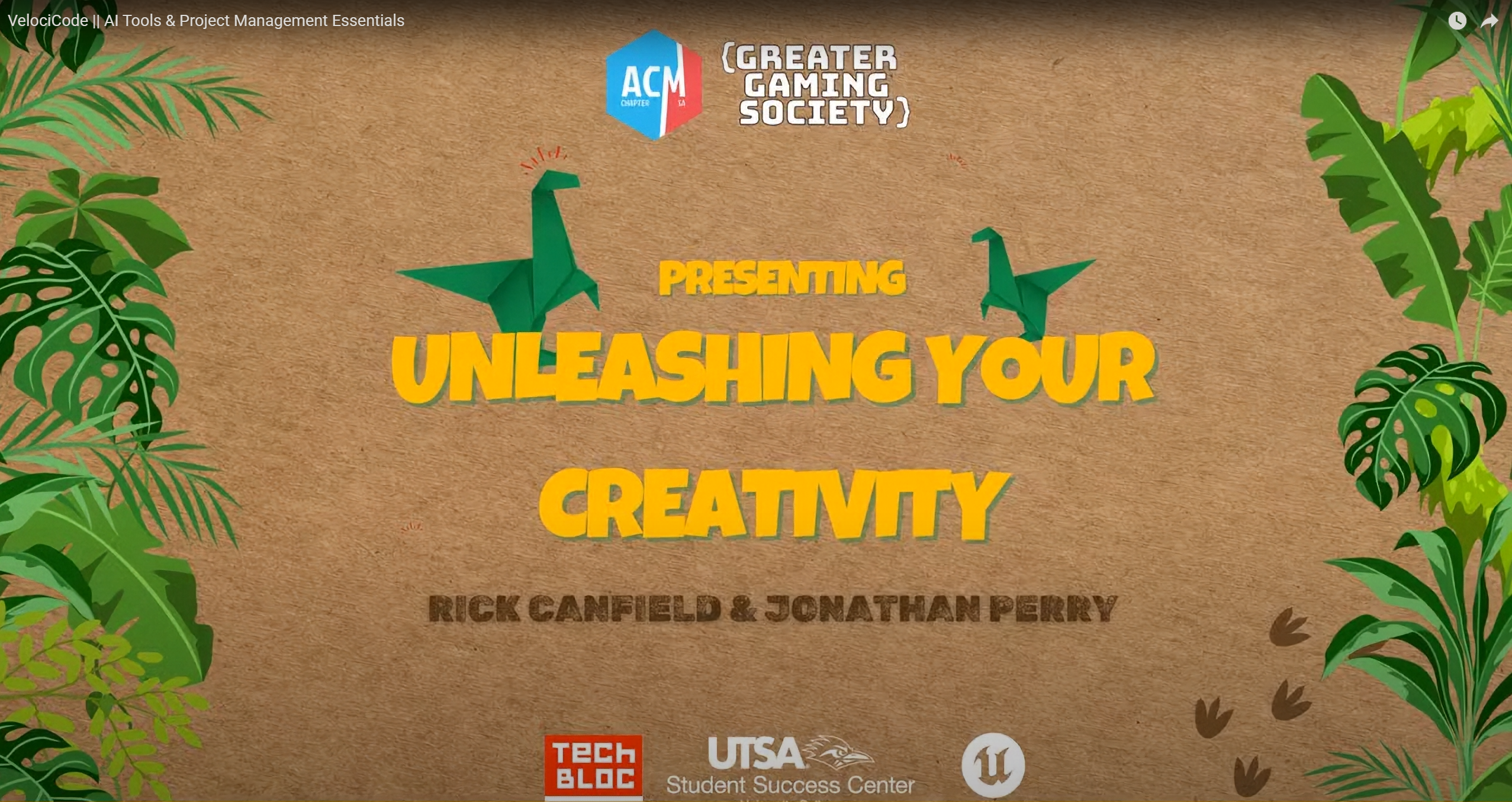Play-to-Earn in the Metaverse: A New Frontier for Gaming
The metaverse isn’t just a buzzword; it’s rapidly evolving into a new digital frontier. And at the heart of its economic engine lies Play-to-Earn (P2E) gaming. Far from traditional gaming where in-game purchases offer mere cosmetic upgrades, P2E models within the metaverse offer players a revolutionary opportunity: to genuinely own their in-game assets and earn real-world value through their participation.
This isn’t just about entertainment; it’s about a fundamental shift in how we perceive gaming, digital ownership, and even the future of work. Let’s dive into how P2E games are shaping the metaverse.
What Exactly is Play-to-Earn (P2E)?
At its core, P2E is a gaming model that leverages blockchain technology to empower players with ownership over digital assets. Unlike conventional games where all items belong to the game developer, P2E games utilize:
- Non-Fungible Tokens (NFTs): Unique digital assets (characters, land, items, skins) represented as NFTs on a blockchain. Players truly own these, can use them across different games (if compatible), and can sell or trade them on secondary marketplaces.
- Cryptocurrency: In-game economies often run on their own native cryptocurrencies. Players earn these tokens by playing, completing quests, winning battles, or contributing to the game’s ecosystem. These tokens can then be exchanged for other cryptocurrencies or fiat money.
The “earn” aspect comes from the ability to:
- Sell NFTs: Players can sell their rare characters, unique land plots, or valuable items to other players.
- Trade Cryptocurrency: Earned in-game tokens can be converted into more widely recognized cryptocurrencies or even traditional money.
- Staking and Lending: Some games allow players to stake their tokens or NFTs to earn passive income, or even rent out their assets to other players.
P2E and the Metaverse: A Perfect Synergy
The metaverse provides the ideal canvas for P2E to thrive. It’s envisioned as a persistent, interconnected virtual world where users can socialize, work, shop, and, crucially, play. Here’s why P2E and the metaverse are a match made in digital heaven:
- True Digital Ownership: In a metaverse that promises a vibrant digital economy, genuine ownership of assets (land, avatars, buildings) is paramount. P2E, powered by NFTs, delivers this ownership, allowing players to not just play in the metaverse, but to actively build and own a piece of it.
- Interoperability: While still in early stages, the long-term vision of the metaverse includes interoperability, meaning assets from one game or experience could potentially be used in another. P2E’s blockchain foundation makes this dream a tangible possibility, giving NFTs value beyond a single game.
- Player-Driven Economies: P2E games foster robust, player-driven economies within the metaverse. This isn’t just about developers setting prices; it’s about supply, demand, and the collective actions of players creating dynamic marketplaces.
- New Forms of Engagement: P2E incentivizes active participation and community building. Players are not just consumers; they are contributors and stakeholders in the virtual worlds they inhabit.
Leading P2E Games Shaping the Metaverse
Several pioneers are already demonstrating the potential of P2E in the metaverse:
- Decentraland: A virtual world where users can buy, develop, and monetize virtual land parcels (LAND NFTs). Players can build anything from art galleries to casinos, and hold events, all while earning MANA, its native cryptocurrency.
- The Sandbox: Similar to Decentraland, The Sandbox is a virtual world where players own LAND NFTs. They can create unique gaming experiences, build assets, and monetize them using SAND tokens. It has attracted major brands and celebrities, further blending virtual and real-world economies.
- Axie Infinity: While not a “metaverse” in the same broad sense as Decentraland, Axie Infinity popularized the P2E model by allowing players to breed, battle, and trade digital creatures called Axies (NFTs). Its success demonstrated the viability of earning a livelihood through gaming in some regions.
- Illuvium: An upcoming open-world RPG that combines a vast explorable world with NFT creature collection and auto-battler mechanics. It aims to offer AAA-quality graphics and gameplay while fully integrating a P2E economy.
Beyond Gaming: The Broader Implications of P2E
The impact of P2E extends far beyond just how we play games:
- New Economic Opportunities: For many, particularly in developing economies, P2E offers a legitimate source of income, providing an alternative or supplementary livelihood.
- Digital Creator Economy: P2E empowers digital artists, developers, and world-builders within the metaverse. They can create and monetize their assets, experiences, and services directly, fostering a thriving creator ecosystem.
- Community Governance (DAOs): Many P2E metaverse projects are moving towards Decentralized Autonomous Organizations (DAOs), giving players and token holders a say in the future development and governance of the virtual world.
- Blurring Lines Between Work and Play: As P2E economies mature, the distinction between “playing a game” and “earning a living” becomes increasingly blurred, hinting at new models for digital labor and leisure.
The Road Ahead: Challenges and Potential
While the promise of P2E in the metaverse is immense, there are significant challenges to address:
- Sustainability: Ensuring P2E economies are sustainable and not prone to hyperinflation or collapse.
- Accessibility: Making blockchain technology and cryptocurrency user-friendly for a mainstream audience.
- Security: Protecting digital assets from hacks and scams.
- Regulation: Navigating the evolving legal and regulatory landscape of digital assets.
- Quality of Games: Moving beyond simple mechanics to deliver truly engaging and graphically rich gaming experiences.
Despite these hurdles, P2E games are undeniably at the forefront of the metaverse’s evolution. They represent a paradigm shift, giving power and ownership back to the players, and carving out a new, vibrant economic layer within our emerging digital worlds. As technology advances and adoption grows, P2E in the metaverse is poised to redefine not just gaming, but our very relationship with digital existence.
- Echoes & Algorithms: Ethical AI in Media Production - October 28, 2025
- Creativity and AI Ethics: An Essential Toolkit for Game Dev Success - August 1, 2025
- Echoes on the Canyon Walls: Why the Pecos Rock Art is North America’s Oldest Grand Media - May 1, 2025






